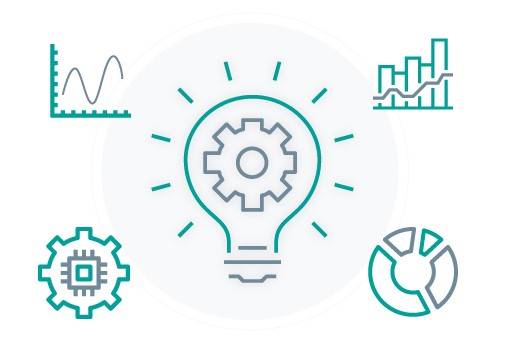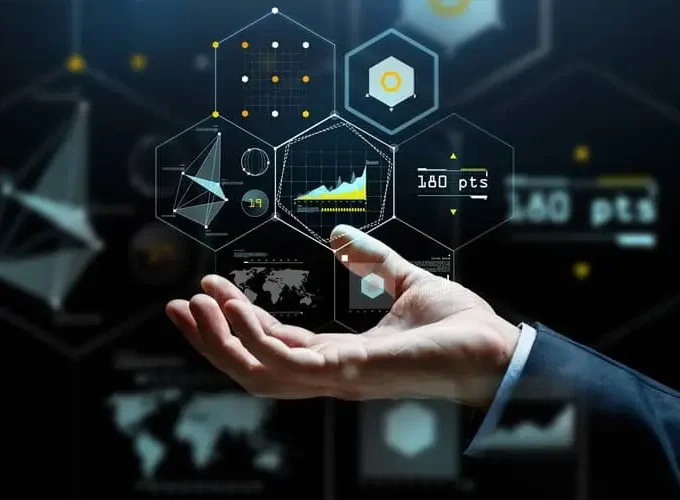In our rapidly evolving world, where energy consumption is skyrocketing, finding innovative ways to optimize resource consumption has become a pressing need. One of the most promising technologies in this regard is the Internet of Things (IoT). IoT allows for the seamless integration of devices, systems, and data, presenting unprecedented opportunities for effective energy management. By harnessing the power of IoT, organizations, and individuals can optimize resource consumption, reduce costs, and contribute to a more sustainable future.
Energy management involves monitoring, controlling, and optimizing energy usage in various settings, such as homes, buildings, industries, and cities. By combining IoT with energy management systems, we can gain real-time insights, automate processes, and make informed decisions to enhance resource consumption.
Smart Grids: Transforming Energy Distribution
One of the key applications of IoT in energy management is the development of smart grids. Traditionally, power grids have been one-way systems, delivering electricity from power plants to consumers. However, with the integration of IoT, smart grids enable bidirectional communication between energy providers and consumers. Smart meters installed in homes and businesses can monitor energy usage in real time. This allows consumers to make informed decisions about their consumption patterns. This data can also be used by energy providers to optimize energy distribution, detect faults, and reduce downtime.
Energy Monitoring and Control:
IoT devices, such as smart plugs, sensors, and connected appliances, play a crucial role in monitoring and controlling energy usage at an individual level. Home automation systems can collect data on electricity, water, and gas consumption, providing users with valuable insights into their resource usage patterns. By analyzing this data, individuals can identify areas of inefficiency and make necessary adjustments to reduce waste. For instance, IoT-enabled thermostats can learn user preferences and adjust temperature settings accordingly, optimizing energy consumption without compromising comfort.
Demand Response and Load Management:
IoT plays a pivotal role in demand response programs, where energy providers incentivize consumers to reduce or shift their energy usage during peak demand periods. By leveraging IoT devices, consumers can receive real-time notifications and insights about energy prices and grid conditions. This empowers them to adjust their energy usage accordingly, benefiting both the stability of the grid and their energy bills. Load management techniques can help balance the supply and demand of electricity, avoiding power outages and maximizing efficiency.
Energy Efficiency in Buildings:
Buildings account for a significant portion of global energy consumption. IoT-based energy management systems can revolutionize the way buildings are designed, constructed, and operated. Smart building solutions utilize IoT sensors, automation, and data analytics. This optimizes energy usage, improve occupant comfort, and reduce environmental impact. For example, lighting systems equipped with occupancy sensors can automatically adjust lighting levels based on occupancy, minimizing unnecessary energy consumption. Smart HVAC systems can optimize temperature and airflow based on real-time data, reducing energy waste while maintaining optimal conditions.
Startups in this domain:
India has seen the rise of several innovative companies working in the domain of IoT and energy management. Some notable examples include:
- Zenatix: Zenatix is an Indian startup that offers IoT-based energy management solutions for commercial and industrial buildings. Their platform collects data on energy consumption, analyzes it, and provides actionable insights.
- Utopia Tech: Utopia Tech specializes in developing advanced battery management systems (BMS) using IoT technology. Their BMS solutions enable efficient energy storage and management, making renewable energy integration and electric vehicle charging more sustainable and reliable.
- SustLabs: SustLabs provides an IoT-based energy management platform called Ohm. This platform allows homes to monitor and analyze energy consumption, identify anomalies, and optimize energy usage to improve efficiency and reduce costs.
The convergence of IoT and energy management holds immense potential for optimizing resource consumption and building a sustainable future. By leveraging interconnected devices, real-time data analytics, and automation, organizations and individuals can make informed decisions, reduce energy waste, and lower costs. From smart grids to energy-efficient buildings, IoT-enabled solutions can transform the way we consume and manage resources. Indian startups are actively contributing to this domain, developing innovative solutions that address the country’s energy management challenges.
Embracing these technologies is not only beneficial for individual users but also crucial for creating a greener and more sustainable world for future generations.
















3 Comments